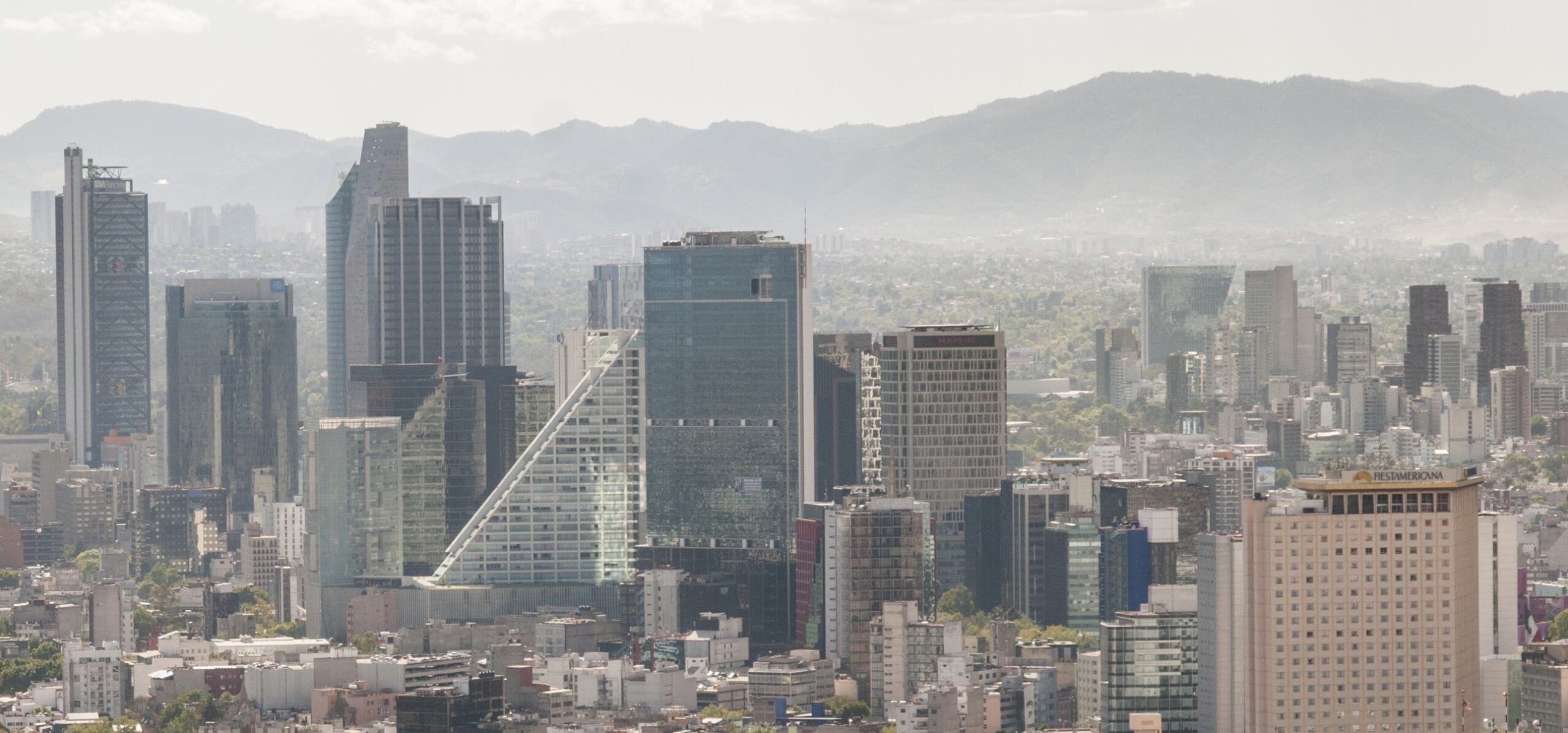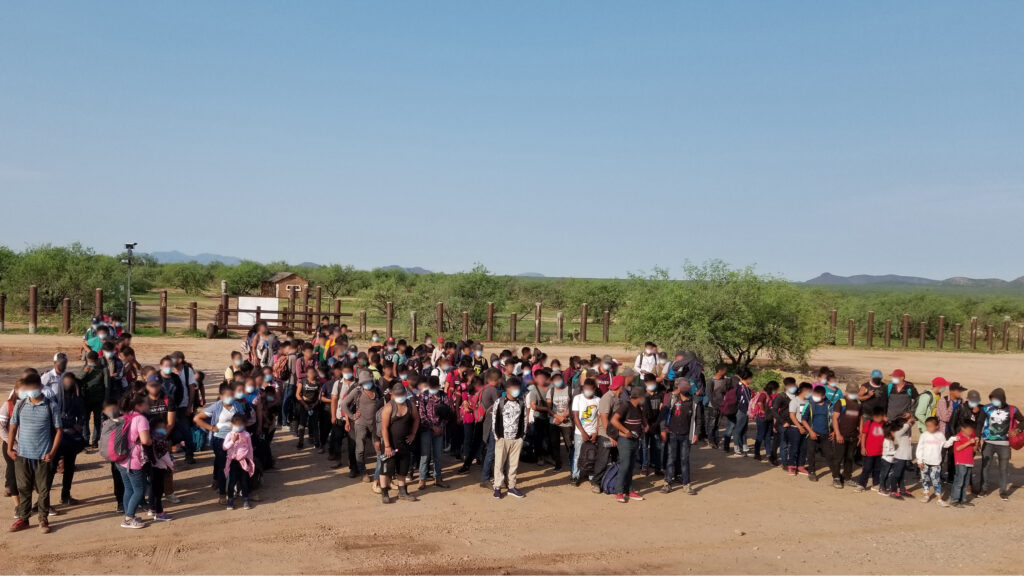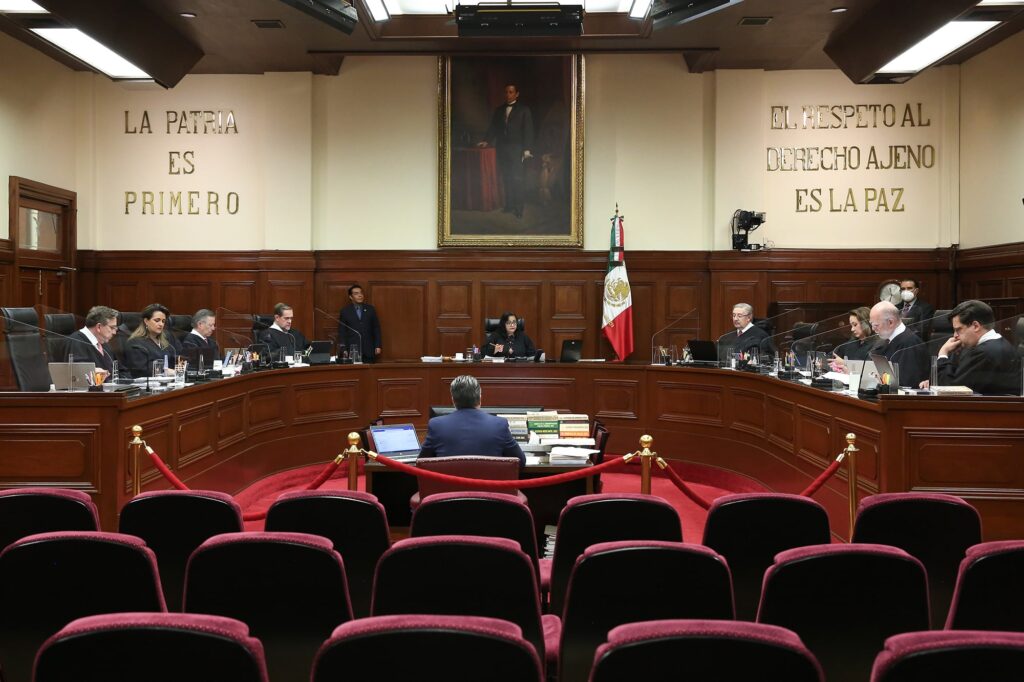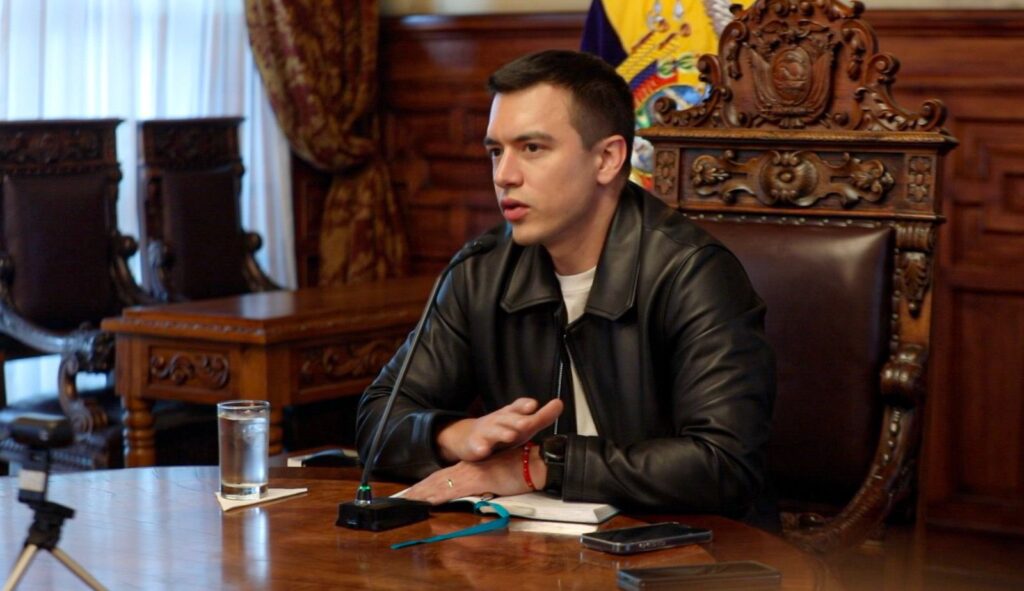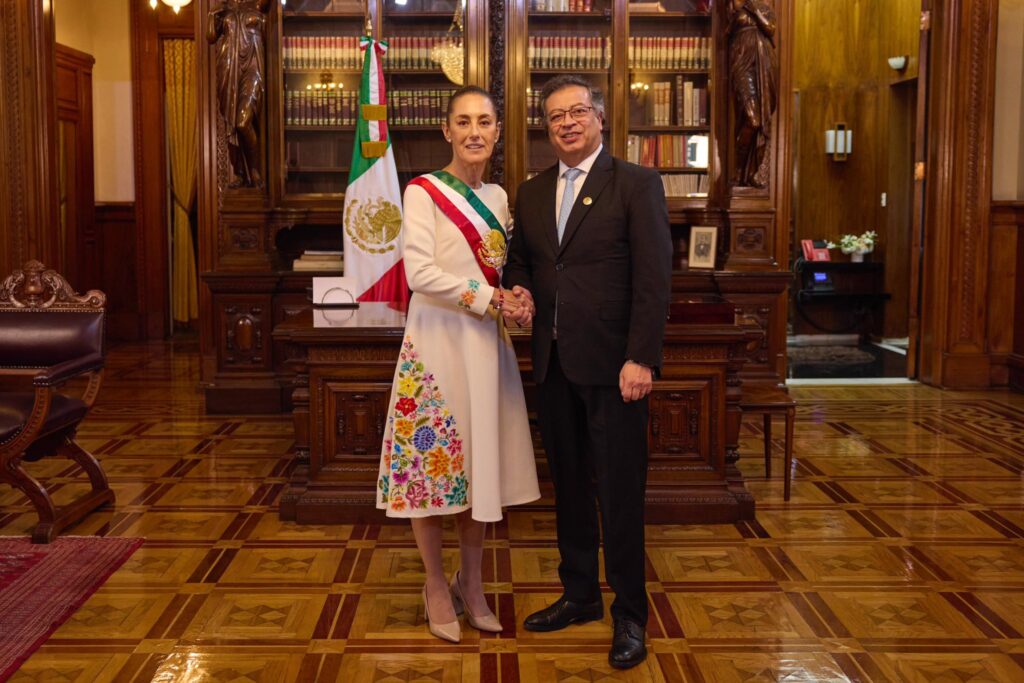A Federal Judge has ordered Mexico City’s government to compensate tenants affected by the Covid-19 pandemic.
Through a press release, the Habitat International Coalition América Latina (HIC-AL), a global human rights NGO, shared this week that authorities in Mexico City are obliged to enforce measures that ensure housing in the context of the Covid-19 pandemic.
According to the statement, a federal district judge ordered Mexico City’s mayor, Claudia Sheinbaum, to outline a policy that prevents and mitigates the social and economic effects of the pandemic on tenants in the city.
The ruling derives from an appeal pushed by lawyer Carla Luisa Escoffié Duarte regarding the case of a woman named María Luisa, who lost her job during the economic crisis brought on by the pandemic in 2020.
Unable to pay rent, the landlord evicted Maria Luisa, along with her 80-year-old mother and young son, from the house where she had lived for the past 45 years.
On August 10, Mexico’s judiciary ruled in favor of Maria Luisa’s family, resolving that Mexico City authorities have failed to provide measures that protect citizens from the pandemic’s effects on access to housing.
As explained by Ms. Escoffié, María Luisa legal counsel, with the Judge’s ruling, the “omissions” of Mexico City’s government during the pandemic are recognized as a violation of the right to housing themselves.
“It is a call to the governments of other states, a precedent that can help us understand the extent of government responsibility for housing in situations such as the pandemic or similar circumstances,” Ms. Escoffié told Aztec Reports.
The Judge’s verdict cites UN expert Leilani Farha, who in March 2020 urged governments “to take extraordinary measures to secure the right to housing for all to protect against the pandemic.”
A demand ignored by Mexican authorities, according to the Judge, since the motion said that in Mexico, no level of government was seeking to prevent vulnerable people from entering homelessness.
According to the survey on the Effects of COVID-19 on the Well-being of Mexican Households, by May 2020, at the height of the pandemic, 8.9 million people, or 15.5% of the workforce, were unemployed.
In addition, 35% of people reported that their incomes had been cut down by 50% during the same period.
The economic conditions impaired by the health contingency, lack of legislation, and underlying inequality in Mexico’s housing market resulted in 15% of tenants being evicted from their homes by January 2022, including some under violent conditions, according to HIC-AL’s latest survey.
Additionally, 32% of those surveyed said they had had to move house, while 55% shared that they had difficulties paying their rent.
Unlike other countries which issued policies that foresaw the suspension of evictions for non-payment and the freezing of rents and overdue mortgage loan collection, Mexico’s efforts were limited to social aid with no consideration regarding tenants.
“In Mexico, we still do not conceptualize this situation as a housing rights issue,” said Ms. Escoffié. “In Mexico we still believe that the right to housing is limited only to the preservation of a house that is already in your property, as if the right is limited to protect the patrimony of those who were already able to buy a house and not the protection of tenants.”


